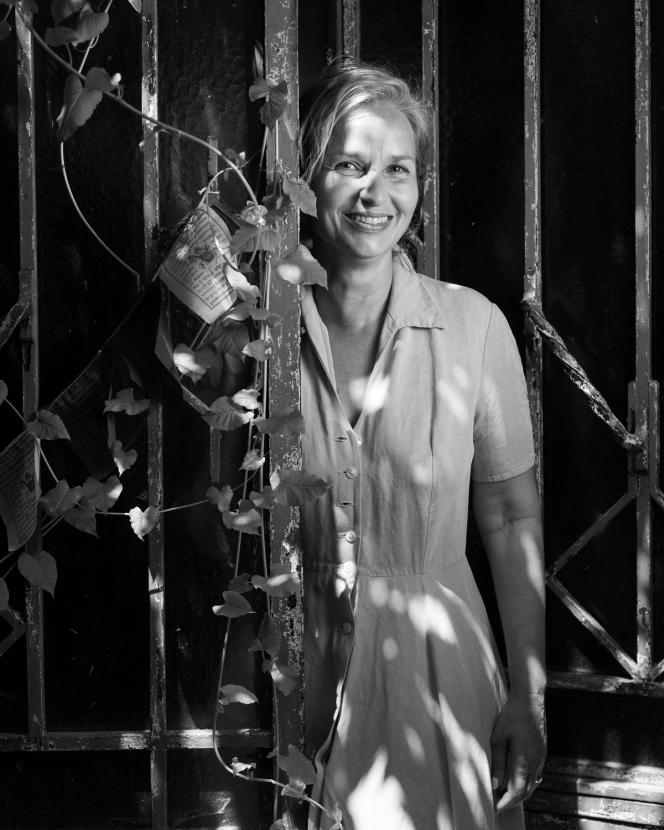A phrase from the poet Vinicius de Moraes has always been my mantra: “Life is the art of encounter. » I was born in the south of Brazil, in the region of Paraná, on the border of Paraguay and Argentina. My roots are also in Italy, because, like so many others, my great-grandparents emigrated to Brazil to escape poverty. My parents each had ten brothers and sisters, I have a huge family.
At 17, pretending to go to business school, I went to São Paulo and spent four years partying, going to college at night, hanging out with surfers and artists. Then I had an affair with a Frenchman and I followed him to Paris. I landed in the 11e arrondissement, which has become my favorite neighborhood. I then went to explore Italy, to try to obtain Italian citizenship thanks to my ancestors, and, after a long journey, I got my papers.
My first job was at Eurodisney, in business planning. I took advantage of an economic redundancy to do something that suited me better. I started to organize Brazilian parties in restaurants, during their closing days. I met lots of musicians, people from the radio, but above all a Brazilian cooking mama, Dinha, who arrived in the diplomatic bag of the Brazilian consulate… She ran the stoves at all my parties, we worked together for ten -seven years. My recipe for feijoada is hers, she adapted it to France, because you always have to adapt, but it was the dish of our best evenings.
A social and ecological shift
In 1995, I moved into a small room on rue Oberkampf: it was the first Favela Chic. Dinha was in the kitchen, it was simple, happy, we always ended up dancing on the tables. In 2000, we moved near République and it became a huge restaurant-club, serving 300 people a day. It was crazy. Twelve years later, I sold my shares. I started a “turn of consciousness” social and ecological. Today, with my winegrower husband, David Arnaiz, we have created La Panza, a structure based in Puisaye which sells natural wines and organizes festive events in conjunction with local producers.
I understood to what extent the transformation went through food. Knowing how to grow and cook one’s food gave health and freedom, and made it possible to free oneself from the influence of agro-industrial and pharmaceutical lobbies. For me, feijoada is also that: a dish invented by black slaves who worked on the plantations. They had rice, cassava, beans, which they flavored with pig scraps that the settlers threw away (tail, ears, snout…).
It’s a cheap, nutritious and digestible cuisine (if we don’t forget the orange). It’s also a fabulous dish to share, which I sometimes prepare for forty musicians, during our festivals. It takes two or three days to make it, it’s a dish of love that smells in the house, a real taste of freedom and joy.
The Panza FestivalJune 30 and 1er July 2023, in Breteau (Loiret). On Instagram.
La Panza Gardette, 9, rue Lacharrière, Paris 11e.
